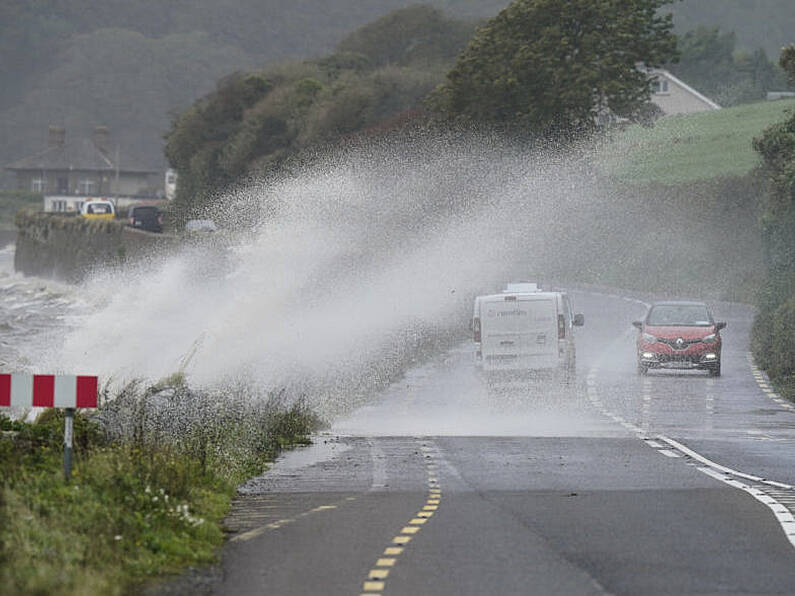By Sarah Mooney
Recent months have seen remote work move from a hazy dream – likely involving the beach – to a daily reality for many as a result of Covid-19.
Though a change hastily made with little time to prepare, it is likely to be one with a lasting impact on work and life in Ireland long after the pandemic has passed.
The Republic is home to one of the highest rates of employees working from home in the EU in recent months, according to research from think-tank Eurofound.
For Tracy Keogh, Covid-19 is a catalyst that caused the rest of the country to accelerate towards a future she has been thinking about for some time.
Remote work will force communities to be better places to live
As the co-founder of Grow Remote, an organisation that has been building local communities of remote workers in Ireland since 2018, Ms Keogh says remote work is set to change the “dynamics” of employment.
“Remote work will force communities to be better places to live,” she says. “We might have more incentive programmes around attracting people with jobs, as opposed to companies with jobs.”
Ms Keogh says a future populated with remote workers means the Government will shift its focus from attracting companies to the island, to attracting employees no longer attached to offices.
As Ireland competes with locations such as Bali, communities from the city to countryside will have to be built for these workers rather than those they work for.
“We're going to need to build communities that are great places to live... we’re going to be forced down that path because that’s what we’ll be competing on instead of employers,” she says.
Lost jobs
Though this may seem a distant future, Ms Keogh says it is already here.
“The biggest barrier is that people don't know that the jobs are there,” she says.
“There are 400 jobs at least in every community in Ireland, no matter where you are. It's just about knowing where they are and how to get them.”
Over the months of the pandemic, Ms Keogh says that Grow Remote’s job board – which collects advertisement for remote jobs available in Ireland – has seen a marked increase in jobs available.
People that lost their jobs during Covid... they're actually brilliantly set for jobs in... remote organisations, but they don't know that these jobs exist
She adds another barrier to remote work is preconceptions about what it involves, with many believing only tech jobs are available or that it means becoming a freelancer: “People... don't associate it with: ‘Oh, I can have a pension and maternity and a really actually thriving career,’” she says.
“If you think the people that lost their jobs during Covid, in hospitality, retail etcetera - they're actually brilliantly set for jobs in places like eBay or other remote organisations, but they don't know that these jobs exist. So, we need to bridge that gap.”
With this in mind, Grow Remote offers training programmes in partnership with SOLAS and IDA, helping both companies and individuals make the transition to remote work – with demand surging as a result of the pandemic.
Selling the dream
Ms Keogh says another change due to the pandemic is the conversation around remote work “maturing” to acknowledge its negatives alongside its positives.
“Part of building a remote work ready workforce is knowing enough about remote work to know whether or not it's for you. So you also know the cons, it's not sold to you as the dream,” she says.
The negatives of remote work are likely to resonate with many who have worked from cramped kitchen tables or the bedrooms of shared accommodation over recent months.
Ms Keogh says the future of remote work is most likely hybrid – a mixture of time spent between home, a co-working space and an office.
“In terms of what really needs to change, it's companies. It's the policy, culture and technology in commercial organisations,” she says.
“The Government have played their part in remote working, they funded hubs, they ran two consultation processes in the last 18 months, they have done lots of things. Communities have done their part. It really is up to Irish companies to make the next move.”






